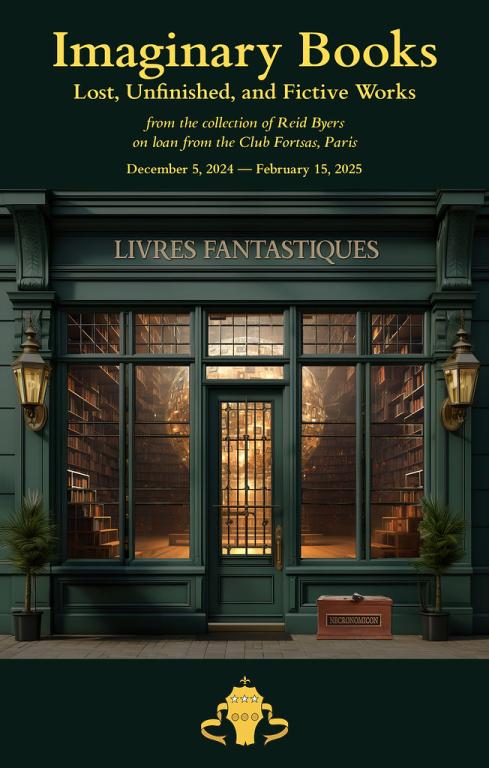I still get the morning paper thrown on my doorstep. It's a nostalgia thing.
 |
| Frederick Roth, CC0, via Wikimedia Commons |
Not literally, of course, the building's floor and elevators weren't built for these litigants.
The Nonhuman Rights Project (NRP), an advocacy organization, had filed a habeas corpus petition on behalf of the zoo animals.
The Latin phrase habeas corpus roughly translates to "do you have the body?" The write requires the jailer to bring the incarcerated person before a judge to determine whether a person is being legally held in custody. The writ's roots go back to the Magna Carta. The jurist, William Blackstone, called it the Great Writ, for its ability to right wrongs.
The Supremes denied the NRP's petition to order the creatures released from the zoo. They found that elephants could not seek habeas corpus relief to gain a "get out of jail free" card because habeas corpus does not apply to animals.
While "great," the writ has limitations. As noted by the Colorado Supreme Court, habeas corpus applies to persons. That's how it was written in Colorado law. Although elephants are cognitively, psychologically, and socially sophisticated, they are not persons. The Court ruled that the elephants, therefore, lacked "standing."
The legal concept of standing challenges a court's jurisdiction. Courts don't get to jump willy-nilly into anyone's business. Before a petitioner may ask a court to intervene, they must have standing to bring a suit or complain of action. In the words of Maryland's appellate judge, Charles Moylan, standing is the key to the courtroom's door.
In Missy, Kimba, Lucky, LouLou, and Jambo's case, the Court found that since they weren't persons and habeas corpus applies to persons under Colorado law, the elephants couldn't use the writ.
Someday, we might discuss habeas corpus in more detail. Today, however, I'd like to pivot and zero in on the notion of standing.
We're crime writers and readers. Although the elephant case presented an interesting news item, I don't see many nonhuman litigants in state criminal court practice. Standing most typically arises in search and seizure cases. Although the word standing isn't used much for reasons I'll develop below, it still remains an integral part of the thought process in criminal law.
For years, standing was a property rights question. Did the litigant have a property interest in the place searched? Was the defendant also the owner of the locus of the search and seizure at issue?
Then, in 1967, Charles Katz went to the US Supreme Court for running a gambling operation out of a phone booth in Los Angeles. Katz closed the phone booth door and did everything he could to protect his privacy. Sadly for him, Katz didn't know that the feds had mounted a listening device outside the booth.
With Katz v. United States, the Court began changing the analysis. The Fourth Amendment didn't exist to safeguard places; instead, it was written to protect people in places where they should feel secure. Courts now centered their attention on the question of whether "the disputed search and seizure has infringed an interest of the defendant which the Fourth Amendment was designed to protect." (The quoted language is from Rakas v. Illinois.)
What were once two questions: Do I have a property interest? And, was my privacy violated? The analysis telescoped into the one question asked in Rakas.
Consider this example:
Fearing imminent police search, a chivalrous defendant hid his drugs in his companion's purse, where they were discovered during an illegal search. Although the search was unlawful, he had no expectation of privacy in her purse, so his Fourth Amendment rights were not violated, although hers were. The same illegal search might, therefore, invade one person's privacy but not another's. (Rawlings v. Kentucky)
You've likely read a novel in which the police, disguised as garbage men, collect trash to search for evidence. The same concept is at work here. If I've thrown it away, I've discarded my expectation of privacy.
Phones are a good example of how rights may morph over time.
.jpg) |
| Kalel Tonatiuh, CC |
When I began working as a prosecutor, police could, incident to a lawful arrest, go through an arrestee's phone if he had it in his possession. They could extract whatever useful evidence they might find. Over time, courts realized that the telephone Katz used, a mechanical instrument with no storage, was very different from a modern cell phone, a computer that also enables telephone calls. The US Supreme Court recognized a person's privacy interest in a phone's contents. Police can still look, but they must get a search warrant. The rules changed in keeping with the times and the technology.
When writing about search and seizure issues, remember: 1. Defendants will always complain that their rights were violated. 2. Defense attorneys will always ask a court to suppress evidence of their client's guilt. Whether a court will deny the government the right to use the seized evidence requires posing a third question. 3. Does the defendant have a privacy interest that he jurisdiction is willing to recognize?
The rules and details become cumbersome and fact specific. These three guidelines are easy to learn. You don't need to be an elephant to remember them.
Until next time.






























